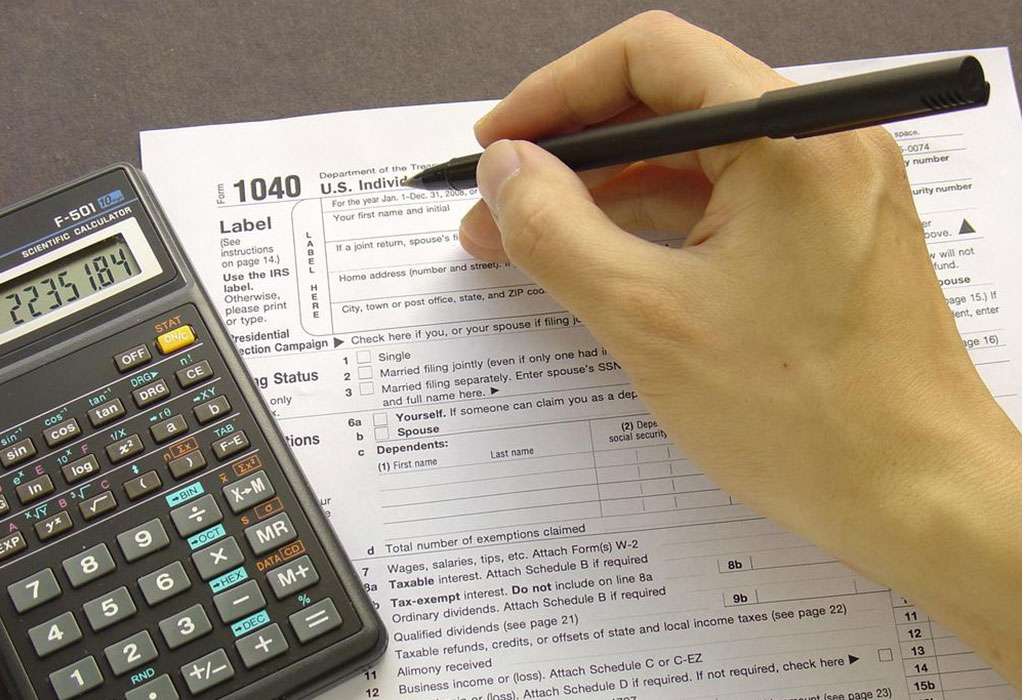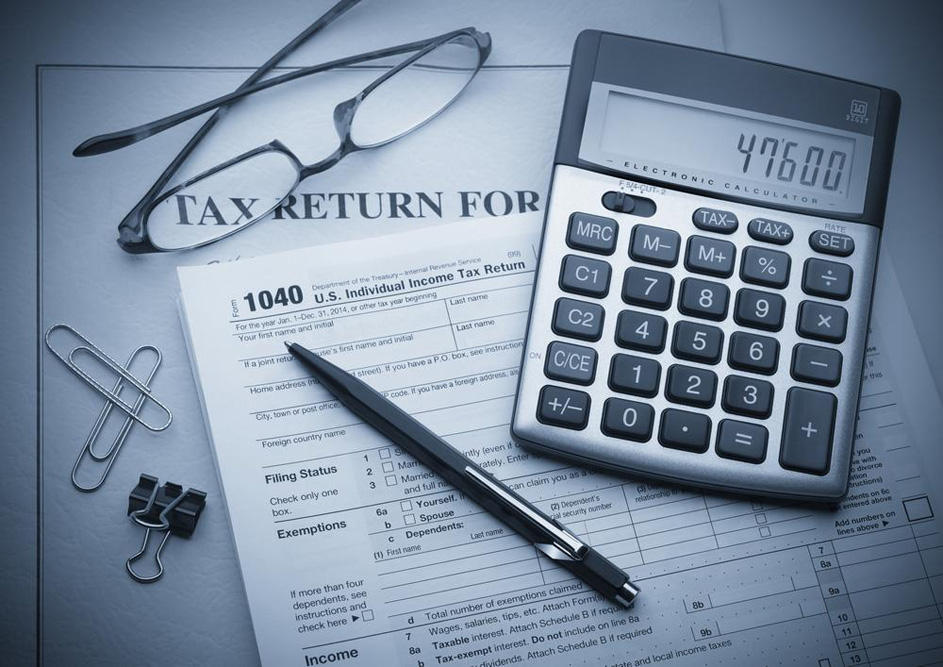Complete Guide to Tax Filing: Benefits, Essential Documents, and Digital Solutions
This comprehensive guide covers the importance of timely tax filing, the benefits of accurate submissions, essential documents needed, and the best digital tools to simplify the process. Learn how to maximize refunds, avoid penalties, and maintain good financial health with expert tips on navigating tax obligations efficiently, especially with evolving regulations and technology. Perfect for individuals and small business owners alike, this article offers practical advice to make tax season hassle-free and financially rewarding.

Complete Guide to Tax Filing: Benefits, Essential Documents, and Digital Solutions
Tax filing is an essential annual task for most residents and workers in the country, regulated and overseen by the Internal Revenue Service (IRS). Understanding the process, advantages, and the tools available can make a significant difference in ensuring compliance, maximizing refunds, and avoiding penalties. Whether you’re a self-employed individual, a salaried employee, or a small business owner, knowing how to navigate the tax submission landscape is crucial. This comprehensive guide explores the benefits of timely tax filing, the documentation required, and the digital platforms that simplify the entire process.
Why Is Tax Filing Important?
Filing taxes accurately and promptly is more than just a legal obligation; it offers financial and procedural advantages that can impact your overall economic health. Correct filings can lead to refunds that support your savings goals or debt repayments, help prevent costly penalties, and maintain your good credit standing. Additionally, staying compliant ensures you avoid IRS scrutiny and unnecessary legal complications.
Major Benefits of Filing Taxes Timely
Engaging in the tax process correctly offers numerous advantages beyond mere compliance. Let’s delve into the core benefits that can significantly impact your financial stability.
Claim Refunds and Optimize Savings
If you've overpaid taxes during the year, filing your return can entitle you to a refund. These refunds can be reinvested into your financial plans, used to pay down existing debts, or added to your savings portfolio. Many taxpayers overlook the potential refunds they’re eligible for simply because they delay or neglect to file their returns timely.
Avoid Costly Penalties and Fines
The IRS imposes penalties for late submissions, inaccuracies, or incomplete returns. The standard penalty rate is typically 0.5% of the owed amount per month, which can accumulate up to 25%. These penalties can escalate quickly, making it vital to file accurately and on time to evade penalties and additional charges.
Prevent Accrual of Interest and Fees
Late payments can result in accruing interest, which increases the total amount owed. By submitting your taxes correctly and on schedule, you prevent these extra charges, making it easier to manage your finances.
Maintain a Healthy Credit Profile
Unpaid taxes or late filings can negatively impact your credit report and score, making it more difficult to secure loans or favorable credit terms in the future. Proper and timely filing demonstrates your financial responsibility and helps to uphold your creditworthiness.
Regardless of your method—whether professional assistance or automated software—certain documents are essential for an accurate and smooth filing process. Ensuring you gather all necessary paperwork beforehand simplifies the process and helps avoid delays or errors.
Essential Documents for Tax Filing
Preparing the appropriate documentation is crucial. Here’s a comprehensive set of documents you need to gather before filing your taxes.
Identification Proofs
Have your Social Security card available, along with details of any dependents, including names, dates of birth, and social security numbers. These are fundamental for verifying your identity and claiming dependents.
Income Documentation: Form W-2
This is a vital form issued by your employer that reports your annual earnings and the taxes withheld, including state and local taxes. It serves as the primary income statement for most salaried employees.
Self-Employment and Business-Related Records
If you work independently or run a small business, collect your 1099-NEC and 1099-K forms, which report earnings from clients or third-party platforms. Additionally, gather receipts for business expenses, including supplies, travel, and home office costs. For interest income exceeding $10, you need Form 1099-INT from banks or financial institutions.
Additional Financial Statements
Include documents such as retirement account contribution receipts, mortgage interest statements (Form 1098), property tax records, and any IRS correspondence received during the year. Also, compile details on deductions, credits, or any other relevant financial data.
Leveraging Digital Tax Filing Tools
In recent years, technology has revolutionized how individuals file taxes. Digital tax solutions provide a cost-effective, efficient, and user-friendly alternative to hiring professional tax services. These tools automate calculations, check for errors, and maximize refunds with built-in guidance. Here are some popular options:
TurboTax®
This highly regarded tax software offers a range of plans tailored to different needs, from simple tax returns to complex self-employment filings. It guarantees accuracy and helps you claim all eligible deductions and credits. Prices vary from $79 for basic plans up to $199 for more advanced features.
TaxSlayer®
TaxSlayer provides multiple plan options, including Free, Classic, Premium, and Self-Employed versions, catering to various tax situations and budgets. Prices start at free and go up to $59.95 for premium features, with the premium plan including live expert support to answer your questions.
Cash App Taxes
A popular free platform that allows users to file both federal and state taxes accurately. It’s an ideal choice for those seeking simplicity and transparency, with no hidden fees or charges.
Adopting these digital tools can streamline your tax process, reduce errors, and help you file timely modifications, ultimately saving money and avoiding penalties. As tax laws evolve, these software options stay updated, providing a reliable and effortless way to manage your annual tax responsibilities.





